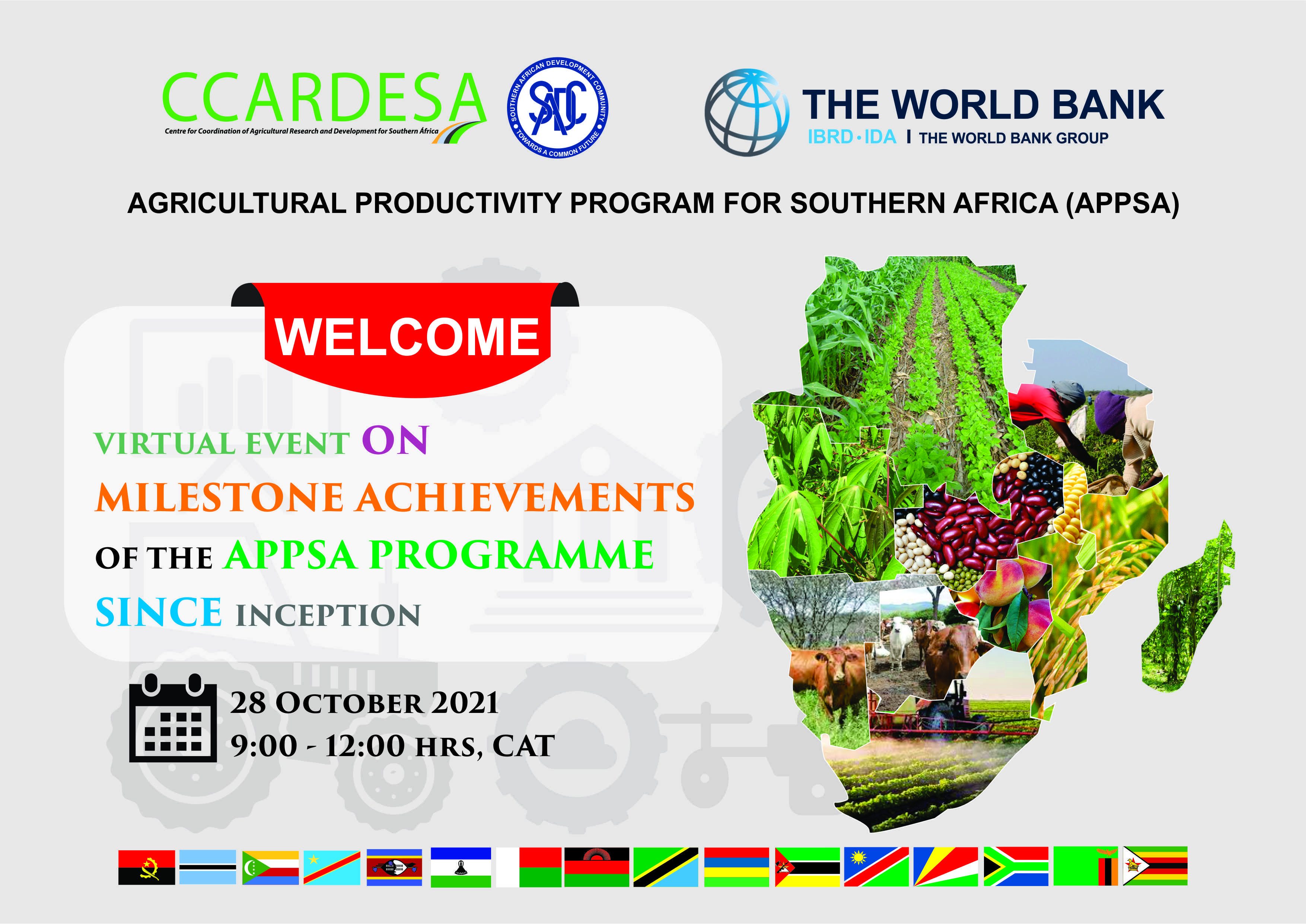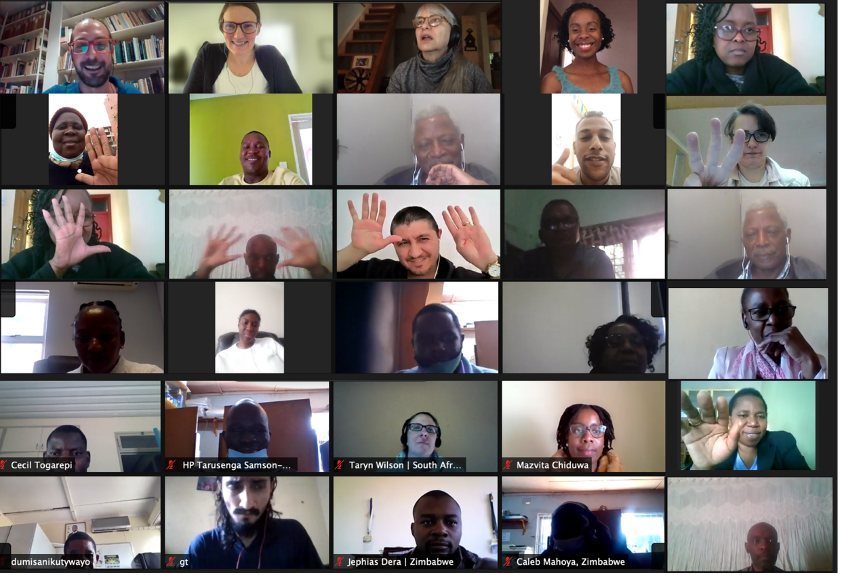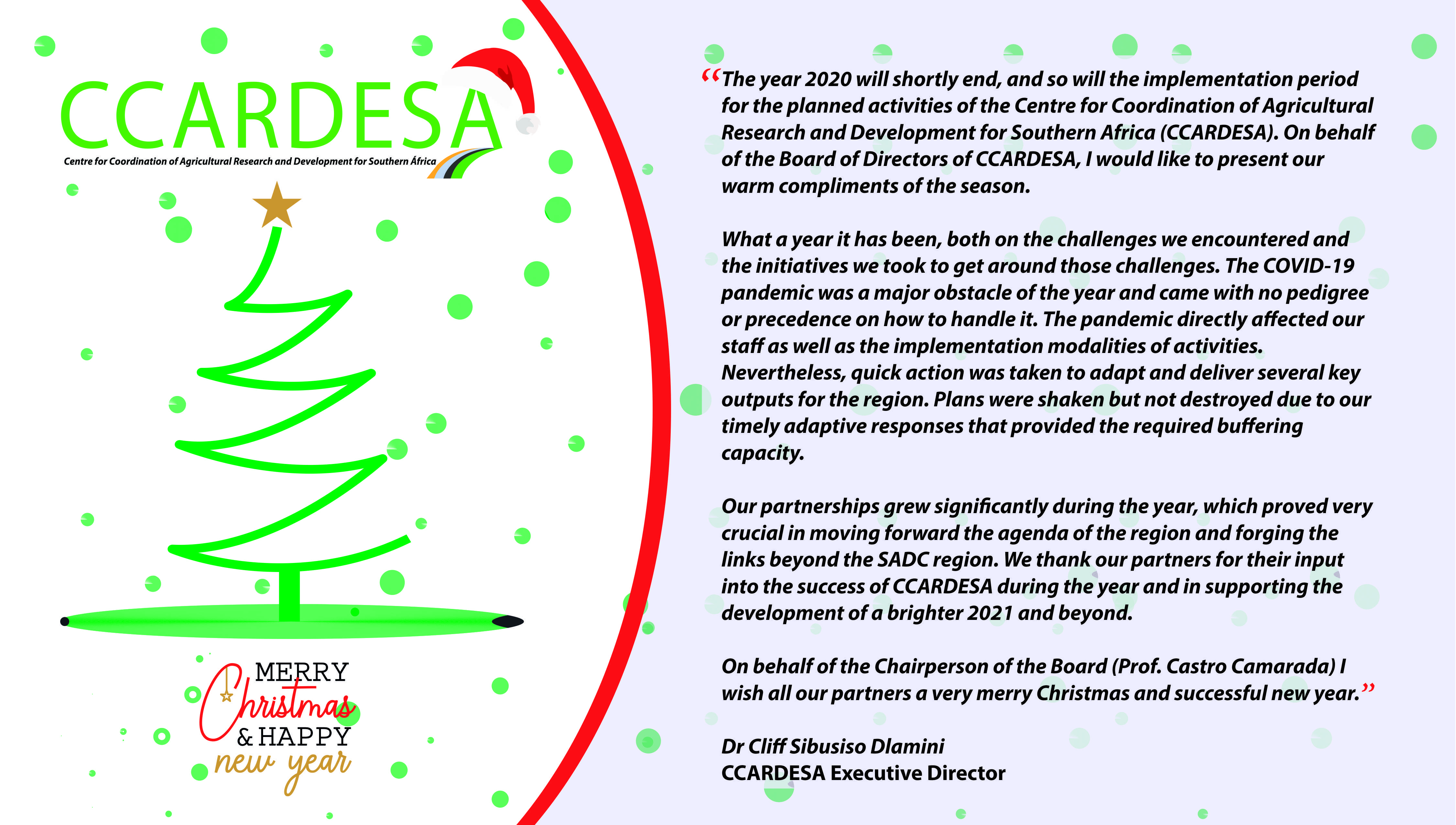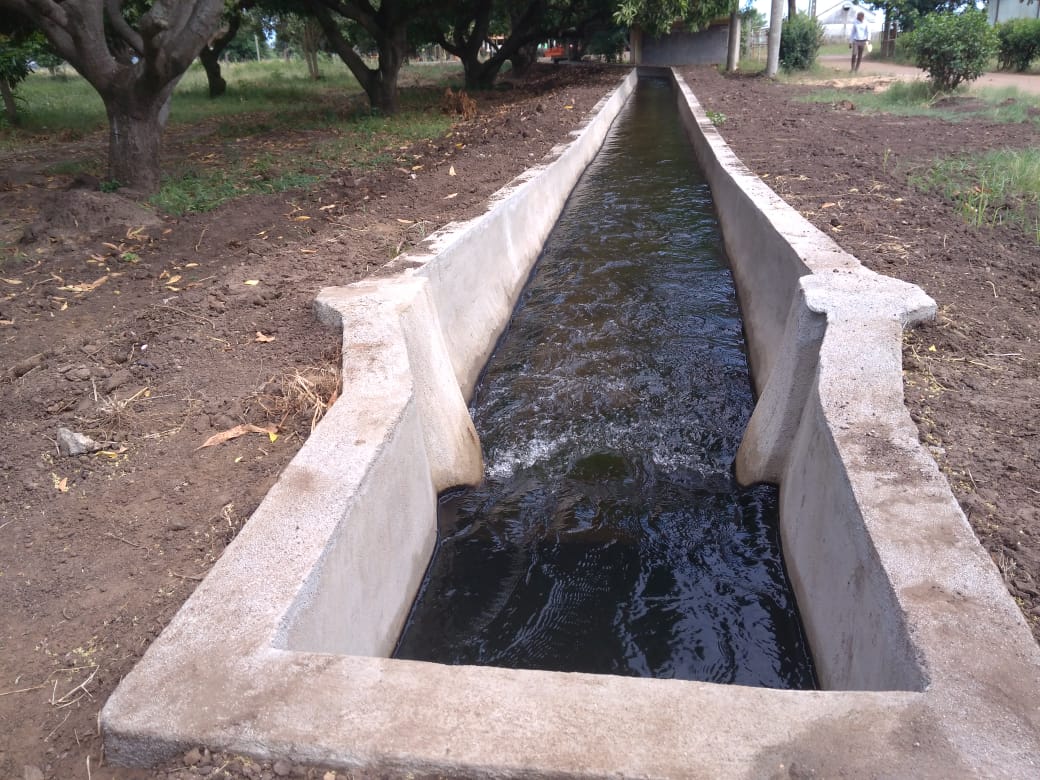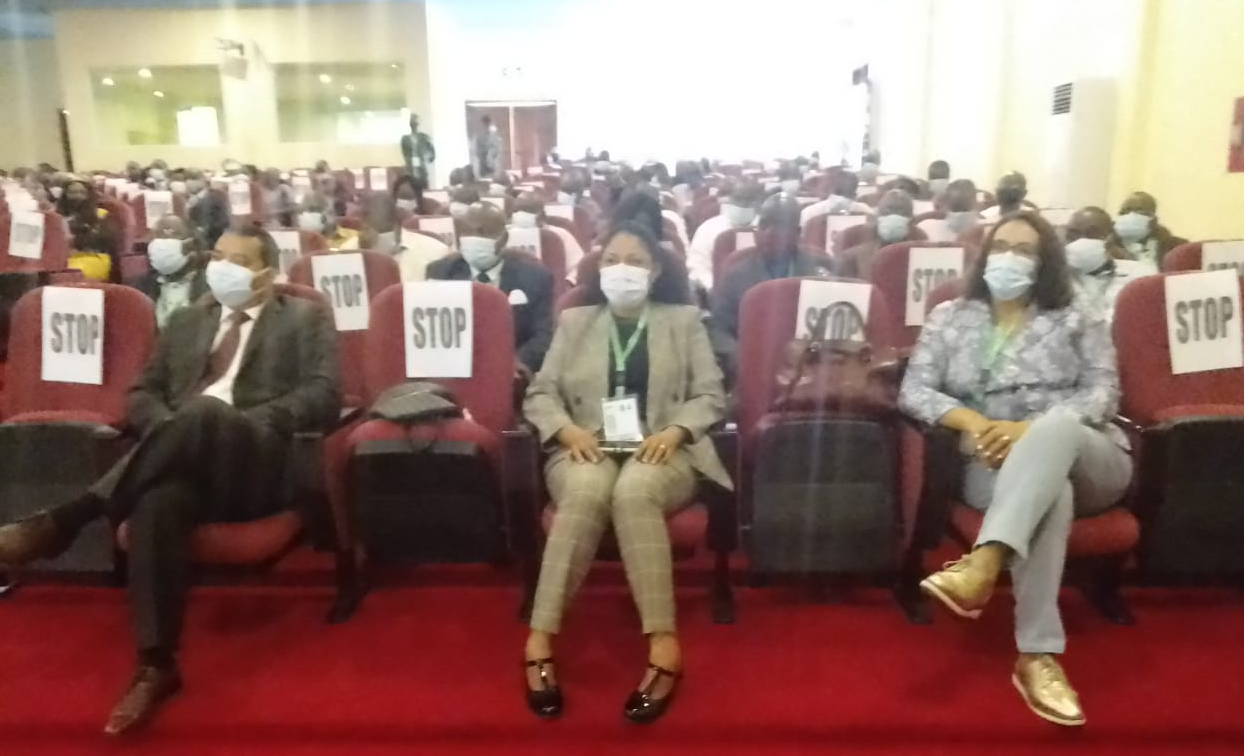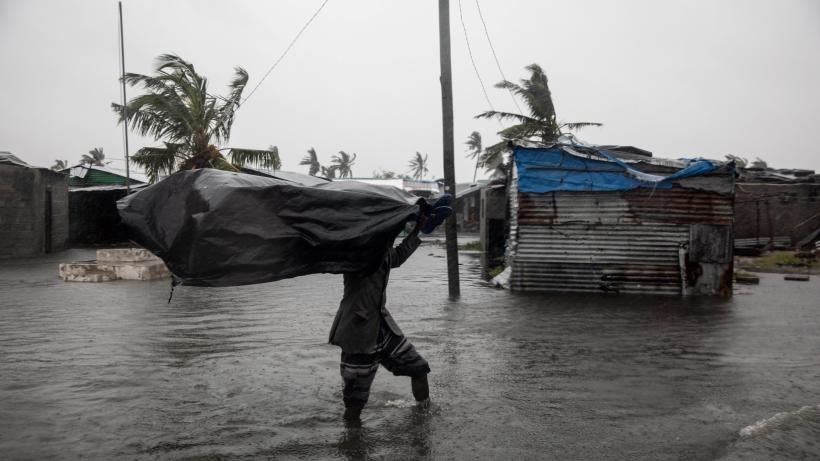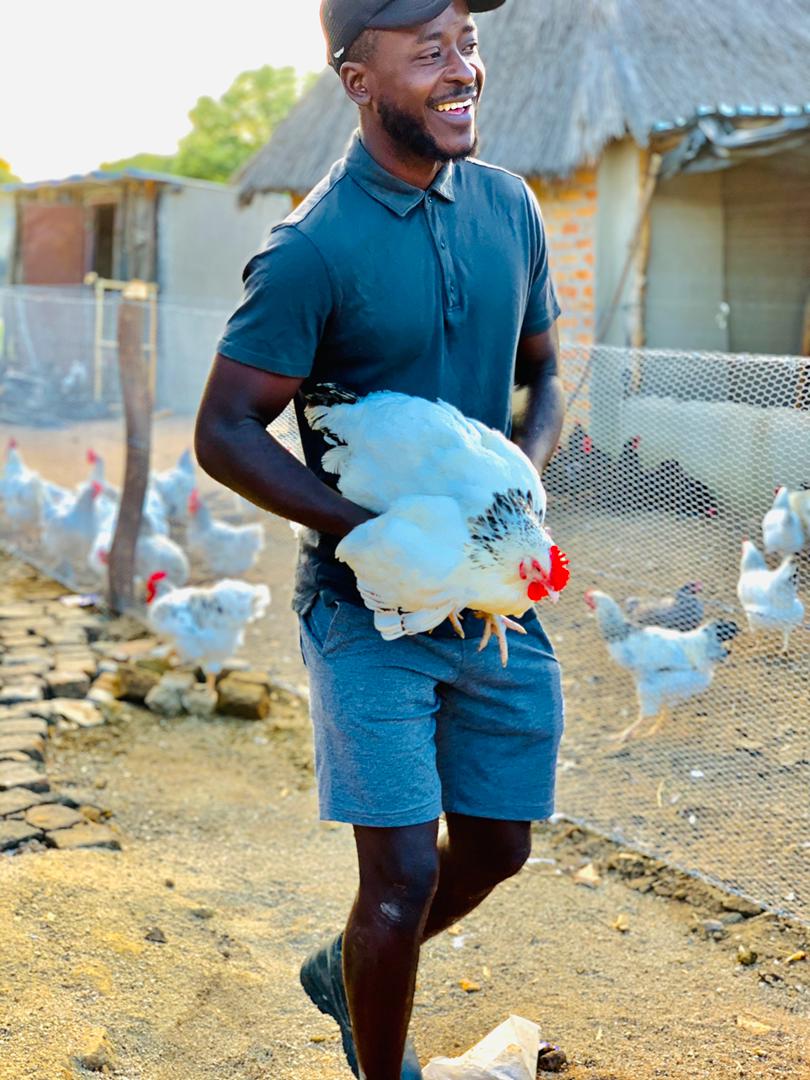Climate-Smart Agriculture A Call to Action
This report talks about the global challenge in terms of climate change and agriculture in the World. It particularly focuses on the climate projections and the related challenges interms of agriculture in Africa. Feeding people in decades to come will require ingenuity and innovation to produce more food on less land in more sustainable ways. Climate change will exacerbate already tight resourceconstraints by making weather more extreme and variable and by decreasing average yields worldwide. In countries where the economy is heavily based on agriculture, development of the agricultural sector is the most efficient poverty reduction measure. Yet agricultural expansion for food production and economic development which comes at the expense of soil, water, biodiversity or forests, conflicts with other global and national goals. This report highlights few country examples as follows : (i) improving hillside productivity in Rwanda; (ii) natural regeneration of agroforestry systems in Niger; (iii) greening Ethiopia; (iv) linking weather risk management with social protection in Ethiopia; (v) conservation farming in Zambia; (vi) restoring Vietnam’s mangrove buffer; (vii) community managed sustainable agriculture in India; (viii) using weather index insurance to improve relief efforts in the event of drought in Mexico; (viii) erosion control in China (ix) the three rivers in China, sustainable grazing and carbon credits; (x) cooking with biogas in China; and (xi) silvopastoral approaches in costa rica and Nicaragua. The report concludes with the following findings : (i) early action is needed to identify and scale up best practice, to build capacity and experience and to help clarify future choices; (ii) considerable finance will be needed to rapidly implement proven programs and support poverty alleviation and food security goals in a changing climate; and (iii) Durban offers a unique opportunity for Africa to shape the global climate agenda and establish an agriculture work program that is informed by science and covers adaptation and mitigation.
African Union, CCAFS, FAO
World Bank. 2012. Climate-smart agriculture : a call to action (English). Washington, D.C. : World Bank Group. http://documents.worldbank.org/curated/en/992021468197391264/Climate-sm…


